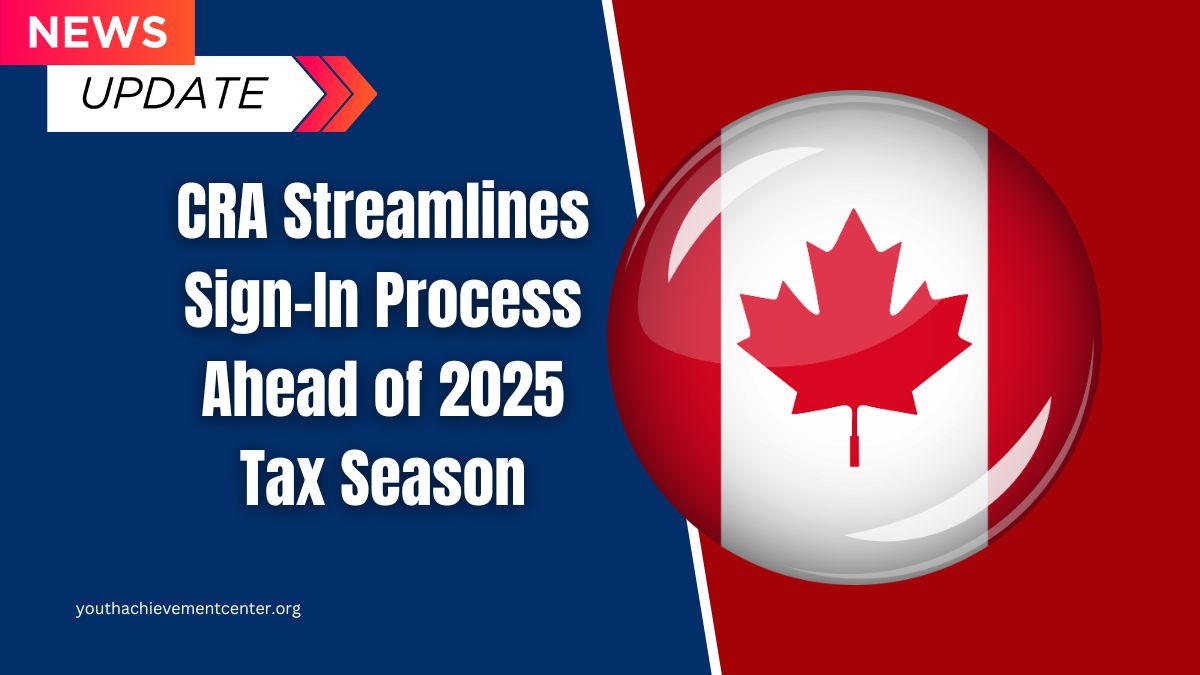Millions of Americans may soon see changes in their Social Security benefits, with the proposed Social Security Fairness Act aiming to benefit a significant number of citizens. The bill, currently moving through Congress, seeks to eliminate two key provisions that have reduced benefits for many workers. Here’s a look at what’s happening, what this means for you, and when these changes might go into effect.
Windfall Elimination Provision (WEP) and Government Pension Offset (GPO)
The Social Security Fairness Act intends to repeal the Windfall Elimination Provision (WEP) and the Government Pension Offset (GPO), both of which have reduced benefits for individuals who receive non-covered pensions.
A non-covered pension is typically from an employer that does not withhold Social Security taxes, such as state and local governments or non-U.S. employers. WEP affects Social Security worker benefits, while GPO reduces Social Security spousal or widow(er) benefits for those who have non-covered pensions.
Progress in the Senate
The bill has already passed through the House of Representatives with little opposition and now requires Senate approval before it can be signed into law by President Biden.
The bill’s passage could positively affect an estimated 2.8 million Americans who would finally receive the full benefits they are entitled to. While Senate Majority Leader Chuck Schumer is spearheading the push for the bill’s passage, it still requires a majority of 60 votes to advance.
Challenges and Political Opinions
Despite the support in the Senate, there are several challenges ahead. Some conservative lawmakers, such as Sen. Rand Paul, argue against the bill due to concerns over the cost and the overall financial impact on Social Security.
On the other hand, more moderate Republicans, including Sen. John Thune, have suggested that while the bill has strong bipartisan support, it should be incorporated into broader Social Security reforms.
Estimated Cost and Potential Impact
The repeal of WEP and GPO would add an estimated $195 billion to the federal deficit over the next ten years. Critics argue that this would hasten the depletion of the Social Security Trust Fund, which is projected to run out of funds by the early 2030s.
However, experts note that the bill’s cost would only shorten the program’s solvency by six months. If the Social Security Trust Fund is depleted, benefits could be reduced to 79% of the scheduled amounts, impacting millions of retirees.
Impact on Public Service Workers
One of the key motivations behind the Social Security Fairness Act is to support public service workers, including police officers, teachers, and firefighters, who have been penalized for receiving separate pensions.
Advocates argue that these workers deserve their full Social Security benefits after years of service to the public. Lawmakers like Sen. Bill Cassidy have emphasized the fairness of providing these benefits to those who worked in public service.
Social Security Program Future Concerns
The long-term future of the Social Security program remains uncertain, with the program’s solvency becoming a critical issue. If the Social Security Trust Fund is exhausted, retirees could face substantial reductions in benefits, leading to difficult decisions for Congress in the coming years.
While the Social Security Fairness Act represents a step toward ensuring fairer benefits for millions, its impact on the future of the program remains a point of concern.
| Impact | Estimated Cost | Affected Population | Projected Deficit Increase | Expected Effect on Benefits |
|---|---|---|---|---|
| WEP Repeal | $195 Billion | 2.8 Million Americans | $195 Billion over 10 years | Shortens Trust Fund life by 6 months |
| GPO Repeal | $195 Billion | 2.8 Million Americans | $195 Billion over 10 years | Reduces lifetime benefits by $25,000 |
FAQs
How does the Windfall Elimination Provision (WEP) affect Social Security benefits?
The Windfall Elimination Provision reduces Social Security benefits for individuals who worked in jobs where Social Security taxes were not withheld, typically in government or non-U.S. employer positions.
What is the Government Pension Offset (GPO)?
The Government Pension Offset reduces spousal or widow(er) Social Security benefits for individuals who receive a pension from a non-covered job, impacting their total benefits.
Who will benefit from the repeal of WEP and GPO?
Around 2.8 million Americans, including public service workers like teachers, police officers, and firefighters, would benefit from the repeal, as they would receive their full Social Security benefits without reductions due to non-covered pensions.
What are the financial concerns about the Social Security Fairness Act?
The bill is expected to add $195 billion to the federal deficit over the next decade. Critics worry this could hasten the depletion of the Social Security Trust Fund.
When will the Social Security Fairness Act be passed?
The bill is currently in the Senate, and it requires 60 votes to pass. If successful, it could be signed into law before the end of the year.







